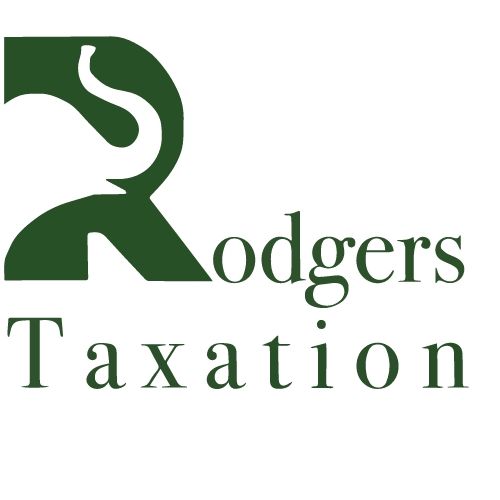Incorporate or Not: Navigating Tax Changes and Property Incorporations in 2024
Incorporate or not, that is the question
Since April 2020 there have been numerous tax changes on residential properties - basic rate tax deduction on loan interest, higher capital gains tax (CGT) on residential properties, reporting and paying CGT within 60 days, abolition of multiple dwellings relief and the proposed removal of furnished holiday lets. This together with increased property prices mean that property incorporations have become quite popular.
However, as with anything tax related there are potential tax issues and pitfalls that need to be considered.
Broadly there are two ways in which a property business can be transferred from personal to corporate ownership – sale or transfer in exchange for cash/directors’ loan or newly issued shares, respectively. The capital gains consequences are different in the first scenario a CGT liability will arise, whereas in the second provided that certain conditions are met then incorporation relief applies and there is no gain. There are several conditions that need to be met for incorporation relief, the main ones being:
- There needs to be a business and not merely a passive ownership of property,
- What each partner does and the number of hours they spend on the business,
- All business assets need to be transferred to new company.
If there are outstanding loans on the properties, then this could a CGT charge arising. This is because if the debt is refinanced within the company rather than being novated across then this is seen as consideration and remains chargeable. The Chartered Institute of Taxation have approached HM Revenue & Customs for clarification on this point. It may be possible to write to HM Revenue & Customs under the non-statutory clearance procedure to obtain their approval before any planning is undertaken.
Regardless of how the properties are transferred from a Stamp Duty Land Tax (SDLT) perspective, the partners are treated as if they received market value for the properties. Depending upon how the properties are held and the number of properties being transferred, it may be possible to reduce the SDLT charge or reduce it altogether.
Finally, there are inheritance tax (IHT) benefits in owning properties through a corporate structure rather personally. This is because greater discounts are provided for minority shareholders then personal ownership. It is also easier to bring in the next generation without giving rise to large tax charges.
Property incorporation can offer significant tax advantages, however commercial considerations such as third-party lenders need to be fully considered and explored before any planning is undertaken. We can provide you with honest tax advice on whether this is correct route to be adopted, and if it is we will assist you throughout the process.



